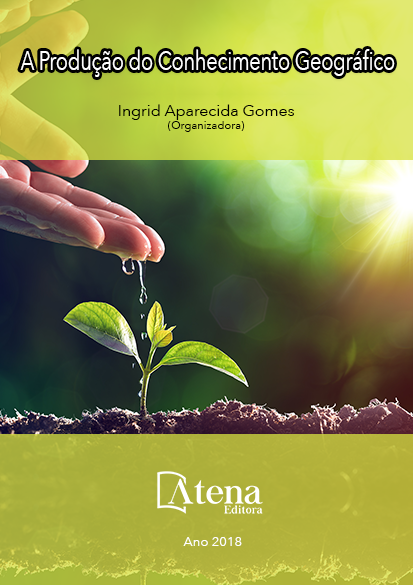
O SETOR DE SEMENTES NO BRASIL E SUA CONTRIBUIÇÃO NA MODERNIZAÇÃO DOS TERRITÓRIOS RURAIS NA SEGUNDA METADE DO SÉCULO XX
O trabalho procura demonstrar
o desenvolvimento e as atuais dimensões
do setor sementeiro no Brasil, bem como a
sua internacionalização/desnacionalização
e impactos causados na agricultura
nacional. Mostramos as etapas de seu
desenvolvimento, dando ênfase na Era Vargas
e no desenvolvimentismo, que foi quando
o setor teve maior atenção governamental,
na organização do Departamento Nacional
de Pesquisa Agrícola e no Plano de Metas,
respectivamente. Em meados de 1960 é
implantado no Brasil o PLANASEM e mais
tarde, em 1973 é fundada a EMBRAPA. Estes
acontecimentos foram determinantes para
a evolução da industrialização de sementes
e uma genética pública forte. Finalizamos
abordando os impactos da quase completa
desnacionalização do setor.
O SETOR DE SEMENTES NO BRASIL E SUA CONTRIBUIÇÃO NA MODERNIZAÇÃO DOS TERRITÓRIOS RURAIS NA SEGUNDA METADE DO SÉCULO XX
-
DOI: Atena
-
Palavras-chave: Setor de sementes; Geografia econômica; Modernização da agricultura.
-
Keywords: Seed Sector; Economic geography; Modernization of agriculture.
-
Abstract:
The paper seeks to demonstrate
the development and current dimensions
of the seed sector in Brazil, as well as its
internationalization / denationalization and
impacts caused in the national agriculture. We
show the stages of its development, emphasizing
the Vargas Era and the develop mentalism, which
was when the sector had greater governmental
attention, in the organization of the National
Department of Agricultural Research and in
the Plan of Goals, respectively. In the middle of
1960 PLANASEM was implanted in Brazil and
later, in 1973, EMBRAPA was founded. These
developments were decisive for the evolution of
seed industrialization and strong public genetics.
We conclude by addressing the impacts of the
almost complete denationalization of the sector.
-
Número de páginas: 15
- João Luciano Bandeira


